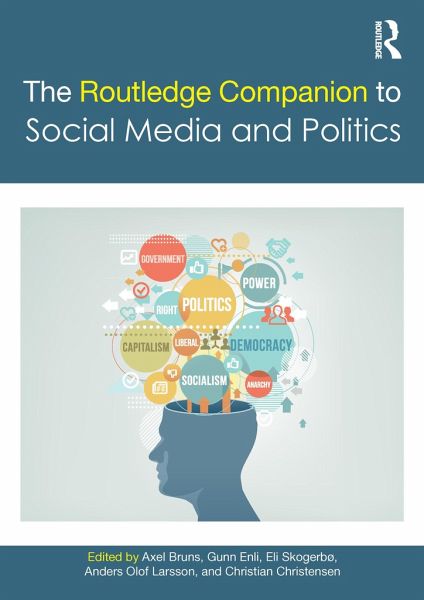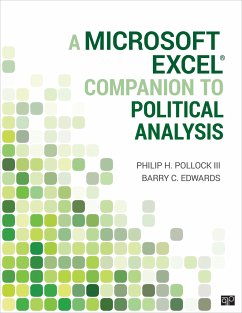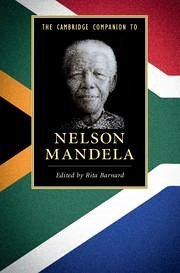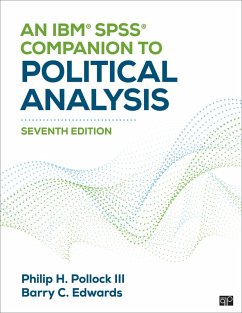
The Routledge Companion to Social Media and Politics
Versandkostenfrei!
Versandfertig in 1-2 Wochen
71,99 €
inkl. MwSt.
Weitere Ausgaben:

PAYBACK Punkte
36 °P sammeln!
Social media are now widely used for political protests, campaigns, and communication in developed and developing nations, but available research has not yet paid sufficient attention to experiences beyond the US and UK. This collection tackles this imbalance head-on, compiling cutting-edge research across six continents to provide a comprehensive, global, up-to-date review of recent political uses of social media.Drawing together empirical analyses of the use of social media by political movements and in national and regional elections and referenda, The Routledge Companion to Social Media an...
Social media are now widely used for political protests, campaigns, and communication in developed and developing nations, but available research has not yet paid sufficient attention to experiences beyond the US and UK. This collection tackles this imbalance head-on, compiling cutting-edge research across six continents to provide a comprehensive, global, up-to-date review of recent political uses of social media.
Drawing together empirical analyses of the use of social media by political movements and in national and regional elections and referenda, The Routledge Companion to Social Media and Politics presents studies ranging from Anonymous and the Arab Spring to the Greek Aganaktismenoi, and from South Korean presidential elections to the Scottish independence referendum. The book is framed by a selection of keystone theoretical contributions, evaluating and updating existing frameworks for the social media age.
Drawing together empirical analyses of the use of social media by political movements and in national and regional elections and referenda, The Routledge Companion to Social Media and Politics presents studies ranging from Anonymous and the Arab Spring to the Greek Aganaktismenoi, and from South Korean presidential elections to the Scottish independence referendum. The book is framed by a selection of keystone theoretical contributions, evaluating and updating existing frameworks for the social media age.














